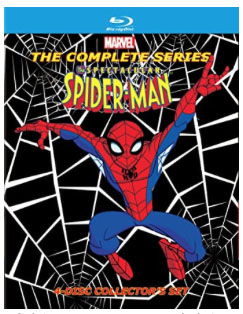

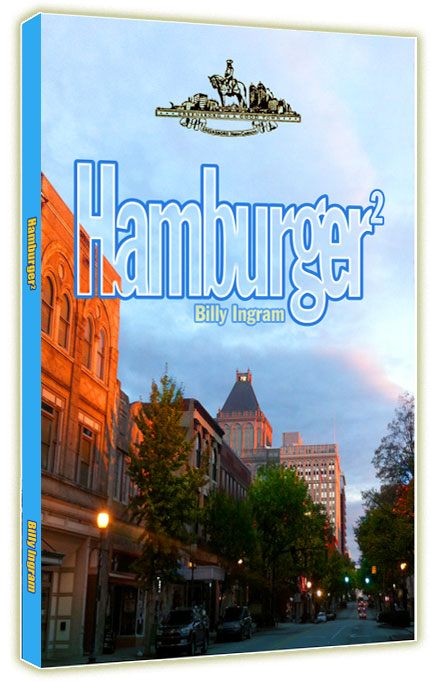
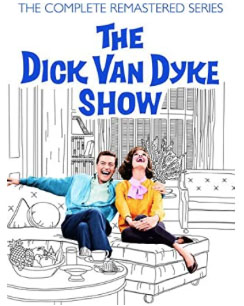

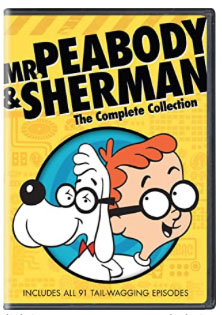
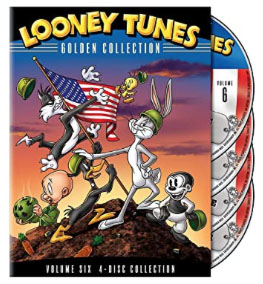
 |
 |
 |
 |
 |
 |
 |
TV Shows on DVD/ / / / / TV Blog/ / / / / Punk Book/ / /Classic
Commercials |
||||||
THAT GUY IN THE ‘til tuesday VIDEO: The Enigma of Cully Holland His career was a brief one, and yet he lingers in the popular consciousness. Cully Holland: that’s the name of the man who you know and remember from til tuesday’s 1980’s music video for the song “Voices Carry.” He played lead singer Aimee Mann’s handsome, loutish, wife-beater clad, domineering and abusive boyfriend in the video. It is a testament to the charisma of him, and some other performers, who, with only fleeting glimpses and almost no dialogue, are able to make such a lasting impression. Who he was and whatever became of him has long been an internet mystery; he made that mighty first impression and then, more or less, disappeared. A Google search will turn up his name and send you quickly to IMDB. But, from there, IMDB is only a little help. Under Holland’s entry, he has only four credits to his name and that includes “Voices.” The site’s bio of him is no more elaborate, though they do list a birthdate, a real (non-stage) name and, sadly, a death date. According to it, Cully Holland died in 1991, in Sacramento, California; he was only 33 years of age. Cully Holland—“That Guy”—was born in 1957 in San Francisco. His real name was Kevin Joseph Gallery. His was one of six children, five boys and one girl. His parents were named Daniel and Sally. In his youth, Kevin was a very gifted football player. Various newspaper clippings from Sacramento area of the era, bear mention of young Kevin and his proficiency on the gridiron.
Over on eBay, you can search under his stage name and find, among VHS tapes of Holland’s one and only US film, a “Playbill” from 1982 from the Actor’s Playhouse in New York. It was for a staging of a new play by Matt Creeger titled “Naked Highway.” Cully was a member of the all-male cast and played a character named “Denver.” The interior of the “Playbill” gives us about the most that there is to be found about Holland’s early life. It says: A one-time all state football player, [Cully] gave up the sport to be an accounting student at the University of Washington in Seattle. Entering the modeling and acting world by accident in Seattle, he found that theatre and film was his first love. He dropped out of college with a year reaming for his degree to move to New York…. He has appeared in THE EDGE OF NIGHT… He performed, for eight months, in AND NOT THE LARK, an original off off-Broadway show at Studio R. He then appeared as Edmund in A MURDER IS ANNOUNCED at AATC Theatre in New York… His goal is film, and he plans to remain in show business for the rest of his days. It was in 1985 that Holland obtained his most famous role. Lead by singer/songwriter Aimee Mann, the band ‘til tuesday (always written in lower case for some reason) was hot at that time with their haunting debut single “Voices Carry” being their first release off their debut album of the same name. The song would go on to spend 13 weeks on the “Billboard” chart and make it all the way up to #8. “Voices” got an incalculable boost thanks to its music video.
MTV was still new and was still playing videos at the time and the “Voices” video was in heavy rotation on the channel in the spring and summer of ‘85. The clip benefited from the presence of Holland and the intriguing Aimee Mann and its story-telling structure. In the video, there’s a distinctive beginning, middle and end, which differentiated it from many other music videos at the time which were mainly, proudly, style over substance. (For example, Madonna’s “Like a Virgin,” also from ’85, was great but had no plot.) Now, almost 35 years on, the “Voices Carry” video remains one of the most iconic of this difficult, cumbersome genre. Can a clip be both erotic and empowering? “Voices” seems to be with the charged chemistry between the vulnerable-looking Mann and the burly Holland as the video’s demanding, bossy and very Yuppie boyfriend. But “Voices” concludes with a resonating message--with Mann breaking free of her man’s demands and staking claim to her individuality and her own voice. She won’t be silenced, even in a big, crowded theater. It was an important lesson to try to convey to young women and girls. (Sadly, it’s one we are still trying to impart three decades later.) Since its debut, the video has been singled out by both “Pitchfork” and “Slant” as one of the best of all time. **
Sometime around the making of the music video, Holland must have made the move west from New York. He is pictured in the 1988 edition of the Academy Players Directory, a kind of Yellow Pages for actors. Holland is in the “Leading Men” section and is noted as being represented by talent agency of Wallack & Associates. Additionally, in early 1988, the “Los Angeles Times” reviewed a play at a small theater in Santa Monica that featured Holland in one of its roles. Titled “Vera Baxter,” the play was a revival of a 1977 French play by Marguerite Duras. Holland played one of the titular character’s lovers. The “Times” gave the play a poor review and said nothing of Holland other than mentioning his appearance in it. That same year saw Holland’s feature film debut in the movie “Dirty Love.” Produced in Italy, the provocatively titled film was a weird hybrid of “Flashdance” (its main character was a would-be dancer) and suspense thriller. Soft-core film star Valentine Demy had the lead and hard-core film star Jeff Stryker had a very small role. Holland played Demy’s boyfriend in the film that only became known to American audiences via its later life on late-night cable TV. The film “Warbirds” was Holland’s next credit; it was released in 1989 and was directed by Ulli Lommel. If “Dirty Love” owed much of its existence to “Flashdance,” then “Warbirds” existed mainly because of “Top Gun.” “Warbirds” was a typical ‘80s action movie with lots of sand and jet fighters. But while “Top Gun” had Tom Cruise and millions of dollars to spend, “Warbirds” had cardboard sets and equally flimsy dialogue. A sample: “The Middle East is no playground for pussies!” says one character. Holland (who got second billing) was one of the film’s two leads alongside fellow mesomorph Holland played former Marine Vince Costello. Further trained by the CIA, this military man had only one known weakness: …wait for it… women. Three years after “Voices,” Holland’s lantern jaw and ample arm muscles were very much on ample display in “Warbirds.” Like “Love” before it, “Warbirds” would find itself most at home, not in brick-and-mortar theaters, but on the shelves of Blockbusters and then on cable channels. Today, it can be found in its entirety on Youtube. Also in 1989, was “Hardball.” This was a short-lived cop show from NBC that ran in sputters from September of 1989 to June of 1990. It starred Josh Ashton as an older, cranky LA cop named Charlies Battles and Richard Tyson as his younger, Harley-riding partner, “Kaz.” “Hardball” aired only 13 episodes and, today, is remembered (barely) for its theme (written and performed by Eddie Money) and for featuring Tyson, known as the dangerous hunk in the 1988 cult classic “Two Moon Junction” and as the villain in “Kindergarten Cop.” It is in the closing credits of “Hardball’s” fifth episode, titled “The Cleveland Indian” (aired on November 3, 1989), that Holland is listed as playing a character named “Jeter.” But either his work in the episode was left on the cutting room floor or it is remarkably momentary as I didn’t see him anywhere in it when I watched the installment. (This episode, too, is now findable on Youtube.) And, after “Hardball,” that was it. After that, there are no more credits or mentions of Cully Holland. The sometimes questionable reliability of the internet gives us the only clues about his post 1989 life until his (confirmed) passing on June 29, 1991. According to one source, Holland died of AIDS; according to another, he died by suicide. His actual cause of death has never been disclosed by his family. Last year, former New York club kid, author and media personality James St. James reminisced about knowing Holland “back in the day,” around the time of the “Voices Carry” video. St. James wrote, “He was dating a very good friend of mine at the time--a MALE friend, dun dun dun--and so I knew him raaaaather well. (I used to torture him with that line reading ‘Why can’t you for ONCE do something for me?’).” Then, on a Facebook fan page (yes, a Facebook fan page) devoted to Cully, a couple of people who claim to have been friends with Holland at one time, weigh in on him. One of them writes: I met Cully in Evansville, Indiana, around the time “Voices Carry” was being released. Cully was dating a man named Perry. Cully and Perry visited my home a few times and we all did attend parties together. Cully was a beautiful man and very kind friend. I moved to Cincinnati [in the] late 80's and did not keep up with Cully or Perry. The Cully Holland/FB page is rather sparse. Limited it seems by the very slim perimeters of Holland’s career and the overall lack of resources about him. But, it’s notable that one exists about him at all, especially considering his brief career and the lack of available resources about him. Holland’s name (or at least his image, his video visage) often gets resurrected—in blogs, in nostalgic looks back at the 1980s, in brief, odd flashes of personal memory and curiosity and whatever it is that makes people suddenly stop and wonder, “Hey, I wonder whatever happened to….” ** In her beautifully-written 1996 memoir, “Taken to the Stage,” actress Mimi Kennedy (“Dharma & Greg,” “Homefront,” “Mom”), in a closing paragraph, ruminates about the profound “mass” in mass media and her role—and all performers’ roles—in it. She writes: They were fine entertainments, but I’d never pictured them circling the globe for decades, reaching people in distant, hard-to access places. Knowing they do… has given me a sobering respect for even my smallest and silliest involvements…. People are ultimately responsible for the images they cast into the world; actors’ go further and last longer than some of us might have imagined. But the facts are incontrovertible; the images persist and have effects. Yes, the images endure. Voices…carry. Even if you are just “that guy” in “that video.” |
Please consider a donation
so we can continue this work!
|
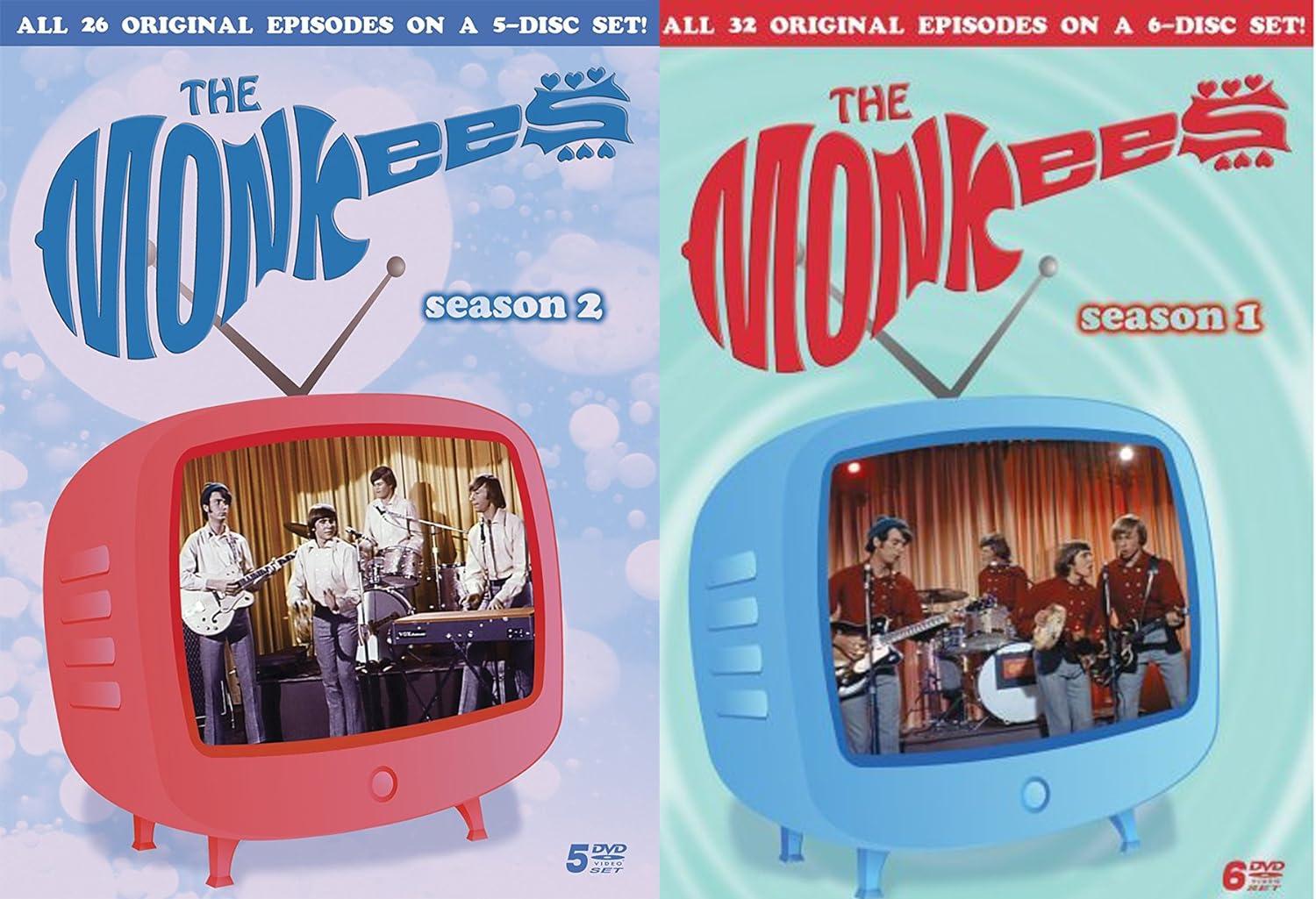 |
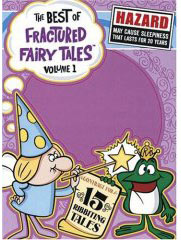 |
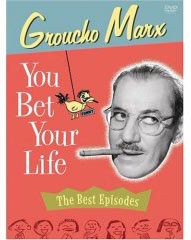 |
 |
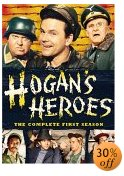 |
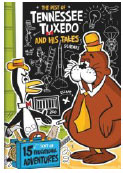 |
|
|
||||||||||||||